I’m sure the phrase “the road less traveled,” is not a new saying. I was listening to a speaker some years ago when I first heard that phrase. The speaker was describing how it was important to not follow the crowd, especially since we’re in the days, where standing up for something you believe in seems rare. Apparently, the words of the speaker (which unfortunately, I cannot remember who), resonated with me and clearly left an indelible mark on my mind, especially now that I am writing this.
My Christian faith has always influenced how I interacted with the world, and this has often led me on the road less traveled. This saying is once truer as I begin an incredible journey as a Field of Hope fellow this summer in Uganda. My expectations are high, considering having the opportunity to engage with Ugandan women farmers and creating high-impact experiences that will elevate their social economic status. However, I am even more excited to learn more about the Ugandan culture and how these women continue to remain resilient and thrive even in unfair circumstances.
There is something intriguing about the road less traveled – the twists, turns, uncertainties, unfamiliar faces and simply the fear of the unknown. But it also presents an incredible opportunity to trust. Yes, trust that God can lead us into spaces that will teach us more about Him, trust that He works all things together for our good, trust that we can give Him our skills, hopes and aspirations and He can use that to impact many lives. That has been my experience so far on this road less traveled, and I know it would not be any different in my time here in Uganda.
Being in Uganda for the past one week, I have gotten more ‘smiles and ‘hello’s’ that I could have imagined. I have seen people go out of their way to show me where to purchase things I need. I have learnt few words in “Lango”, one of the local languages in Uganda. The kindness of Ugandans so far has been mind-blowing, and I am excited to see how my journey here pans out.
“Two roads diverged in a wood, and I – I took the one less traveled by, and that has made all the difference” – Robert Frost.
By: Oluwabukola “Bukky” Makinde, Fellow ’22
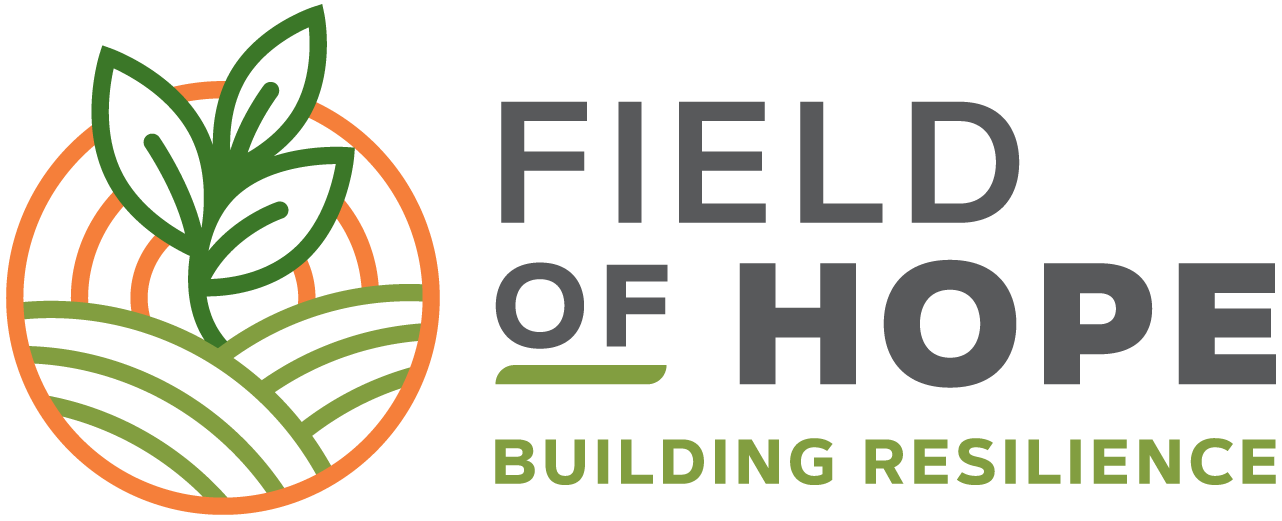
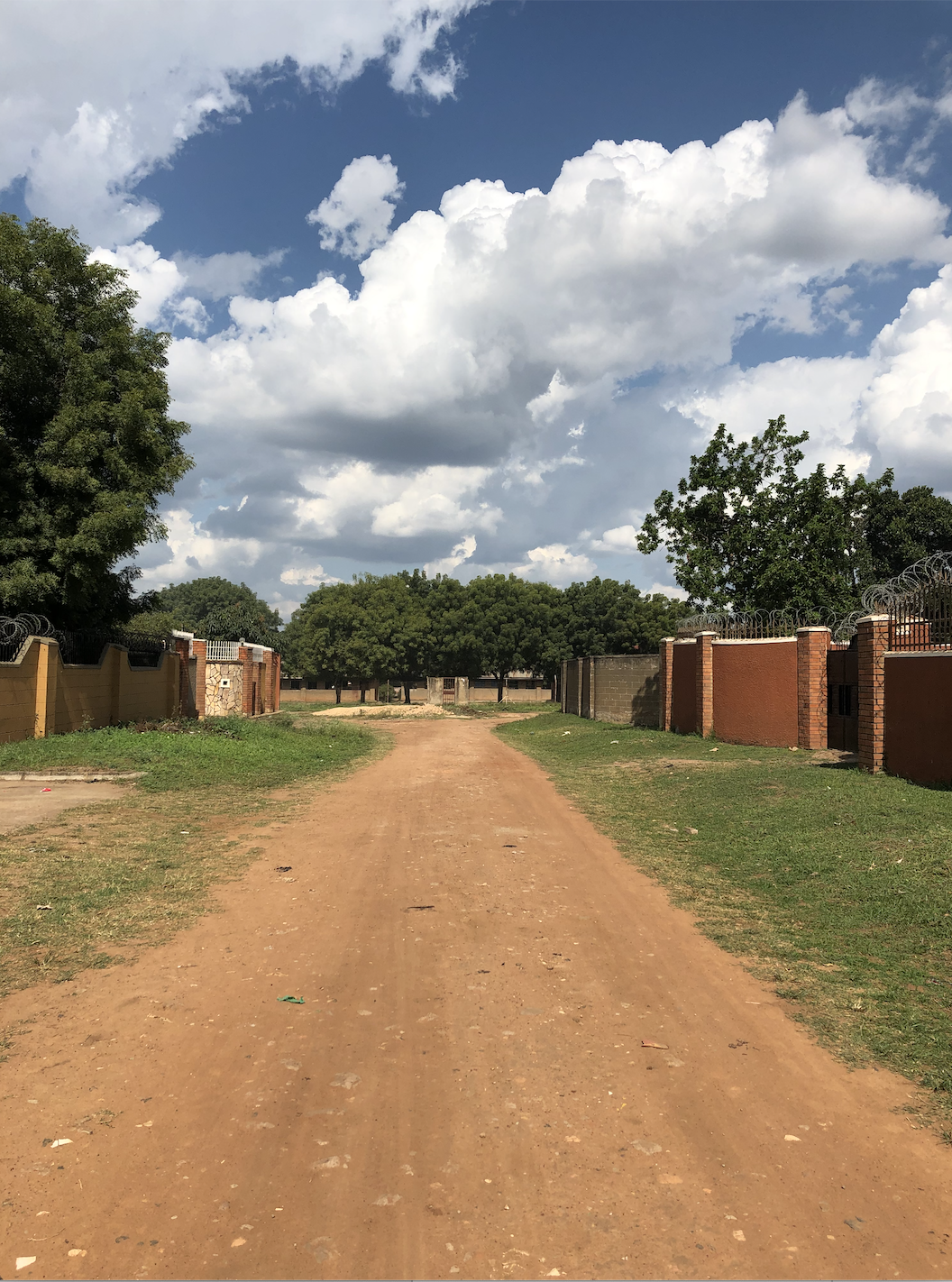



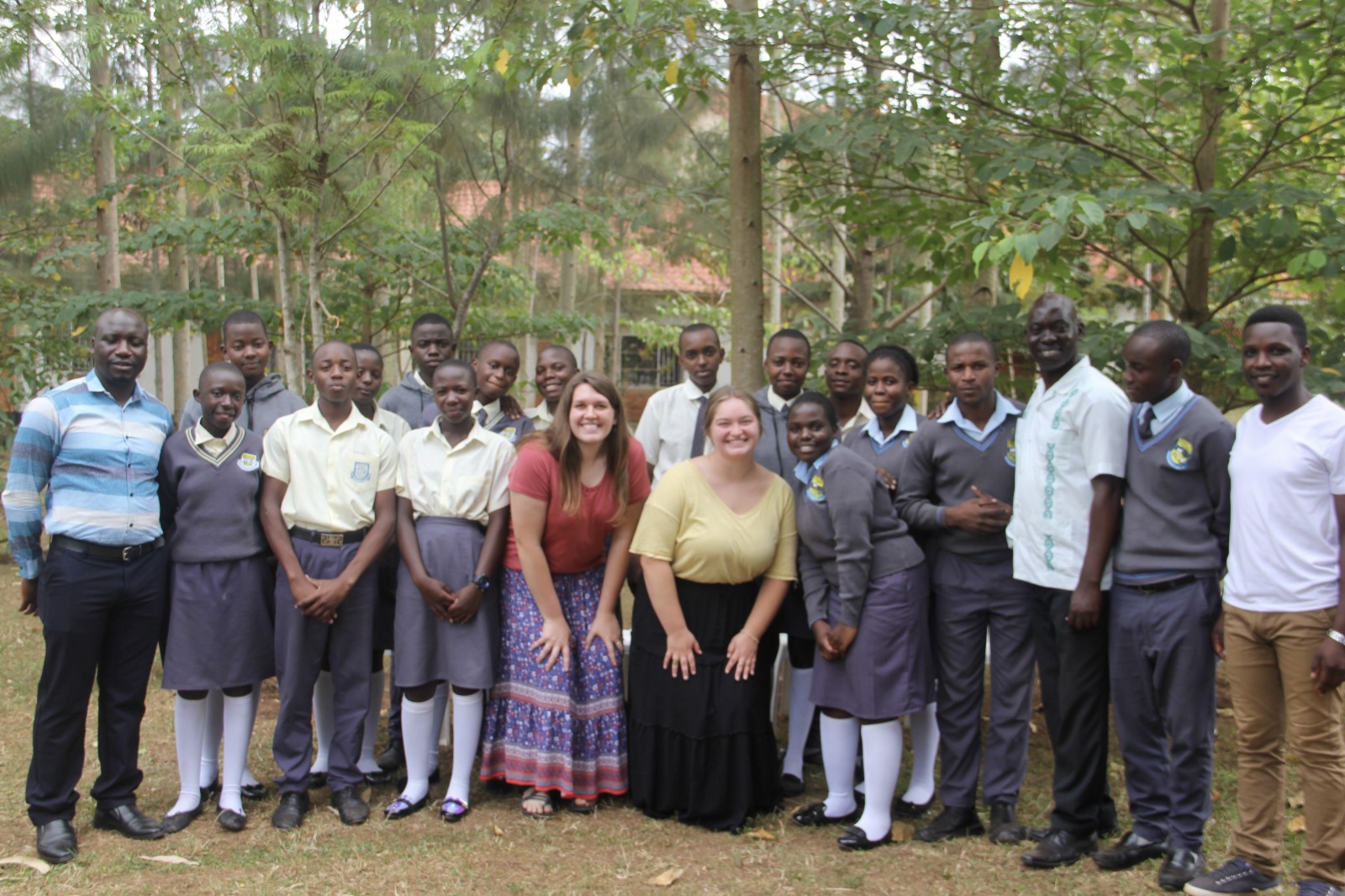
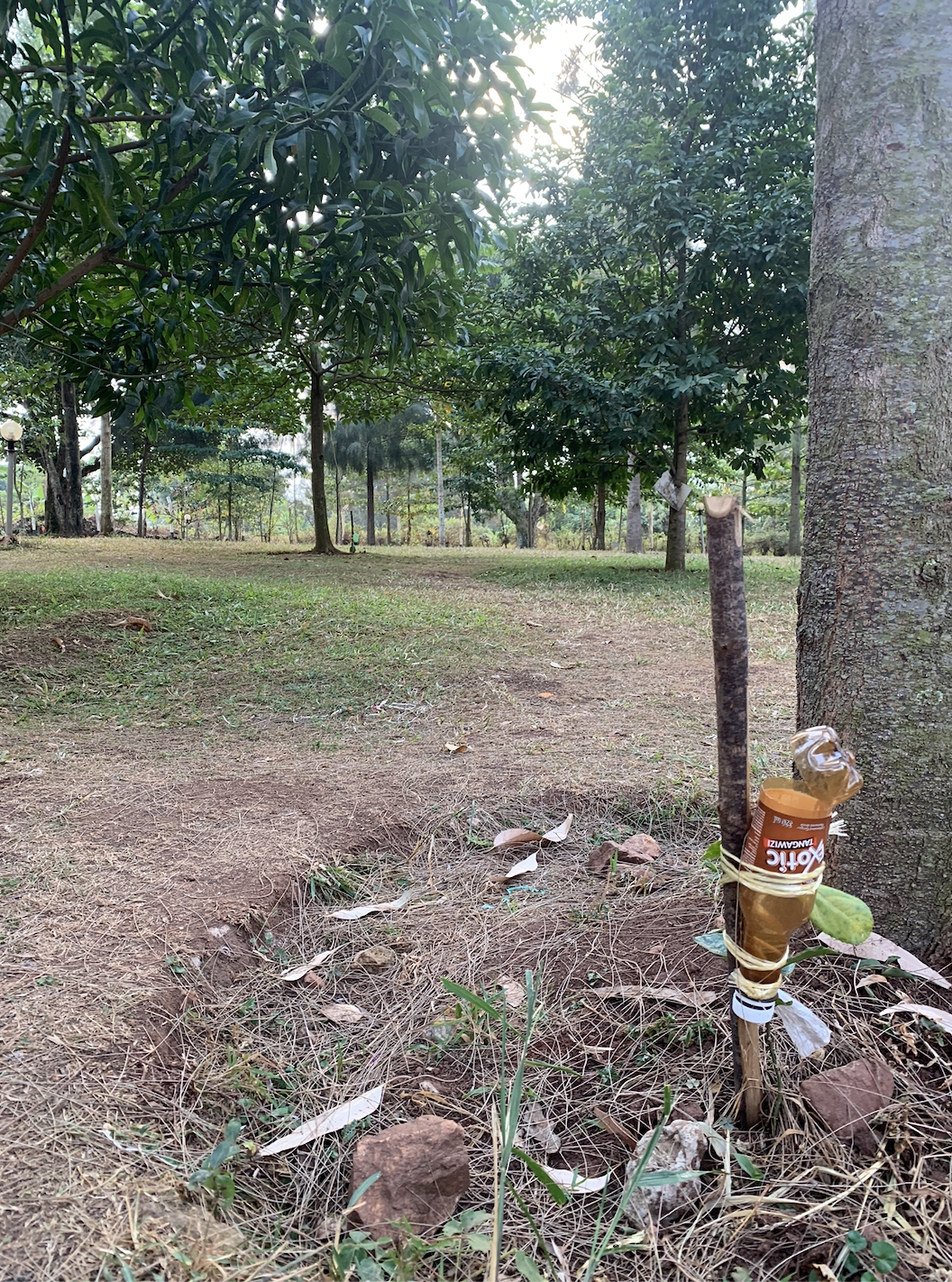 trees. A plastic soda or water bottle with a small hole in the cap hangs on a stick at the base of each tree. After school, the students fill each bottle so the trees receive water during the night but do not loose excess moisture to evaporation during the day. We would later learn that they called this yard “paradise”, a name rather fitting for the lush, majestic yard.
trees. A plastic soda or water bottle with a small hole in the cap hangs on a stick at the base of each tree. After school, the students fill each bottle so the trees receive water during the night but do not loose excess moisture to evaporation during the day. We would later learn that they called this yard “paradise”, a name rather fitting for the lush, majestic yard.
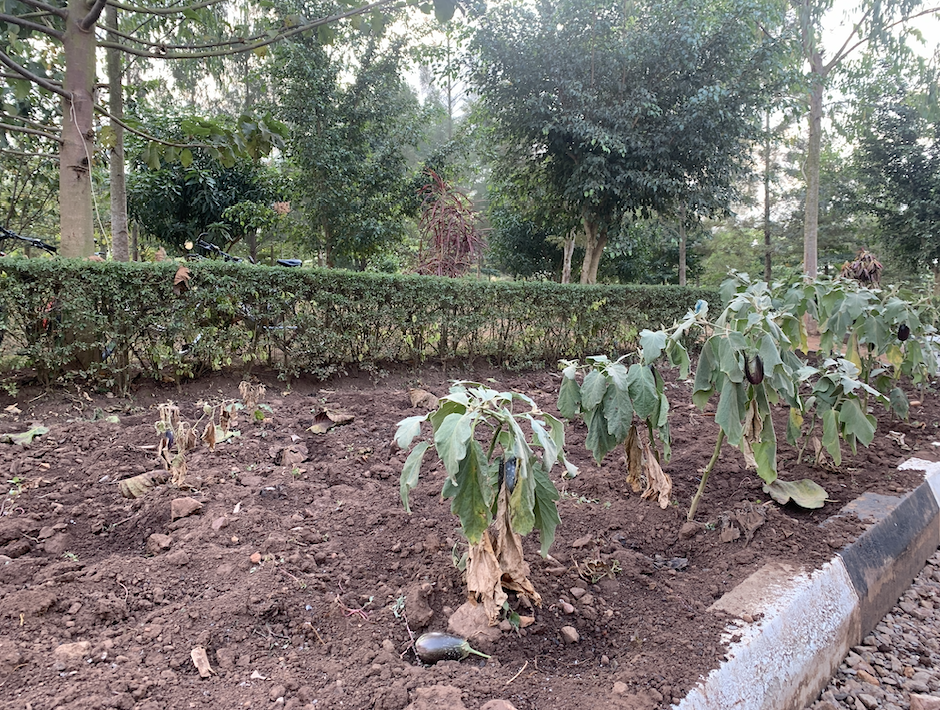
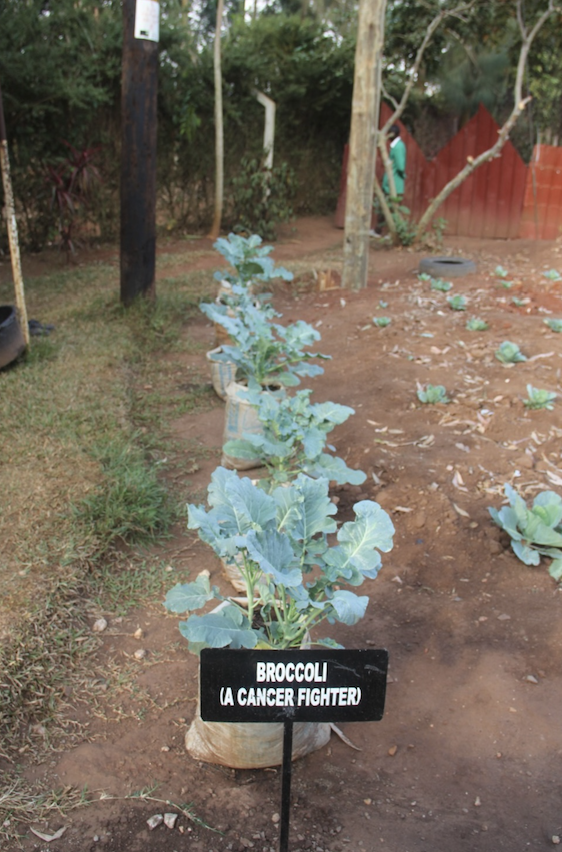
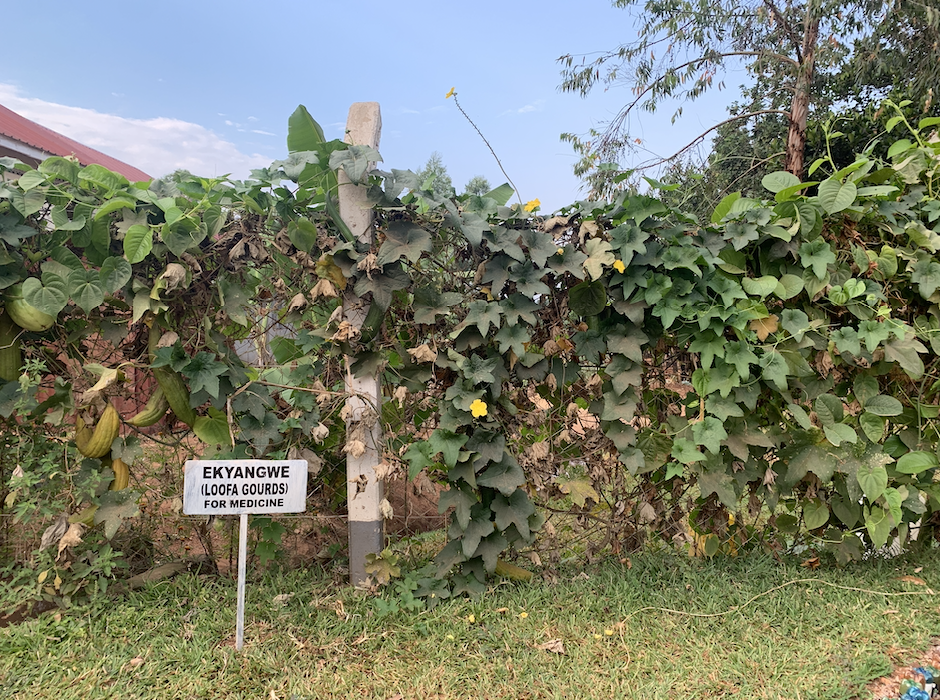
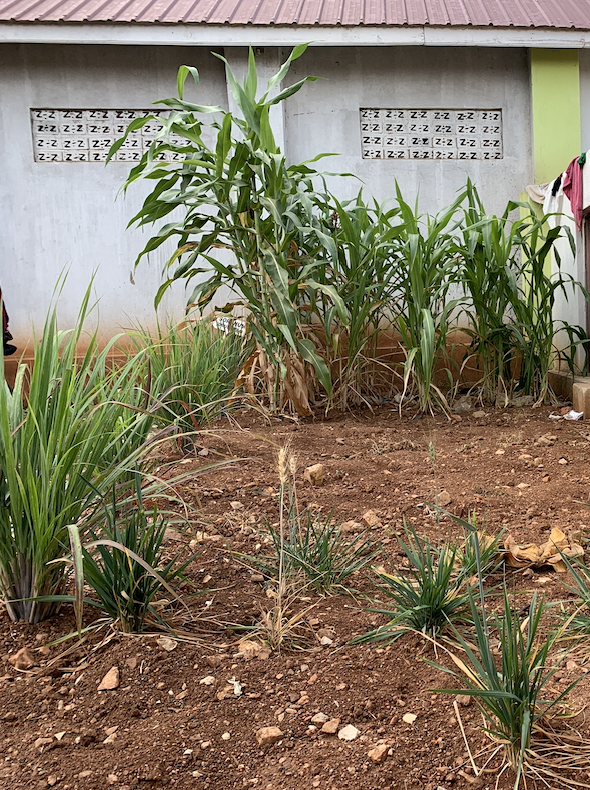 In the back corner of the school compound, one final plot reveals the depth of student curiosity supported by teacher commitment. Students had observed the rising prices of grain on a global scale and had taken special note of the cost some countries are paying to import wheat and sorghum. They asked why these crops were not grown in Uganda and what the financial benefits would be if they could produce their own wheat and sorghum. So, the teachers identified a small plot at the back of the school, gathered some wheat and sorghum seeds, and helped students plant some small crops to observe. They also planted maize right beside the exploratory crops, so students could observe the growth rate, yield, and resource use of their traditional crops right beside the new crops. Here, students are not simply waiting to receive knowledge at their teachers’ pace but are watching as the answers to their questions unfold right before their own eyes.
In the back corner of the school compound, one final plot reveals the depth of student curiosity supported by teacher commitment. Students had observed the rising prices of grain on a global scale and had taken special note of the cost some countries are paying to import wheat and sorghum. They asked why these crops were not grown in Uganda and what the financial benefits would be if they could produce their own wheat and sorghum. So, the teachers identified a small plot at the back of the school, gathered some wheat and sorghum seeds, and helped students plant some small crops to observe. They also planted maize right beside the exploratory crops, so students could observe the growth rate, yield, and resource use of their traditional crops right beside the new crops. Here, students are not simply waiting to receive knowledge at their teachers’ pace but are watching as the answers to their questions unfold right before their own eyes.